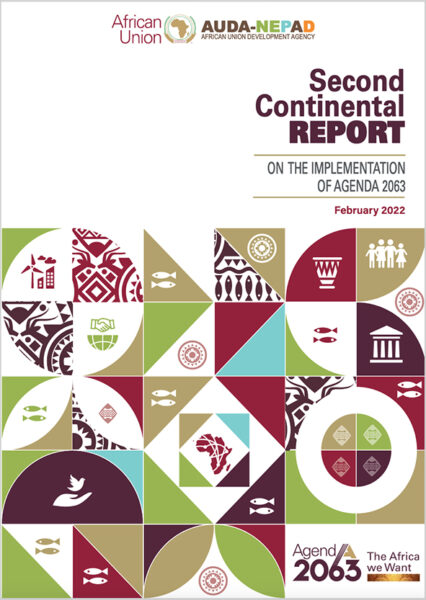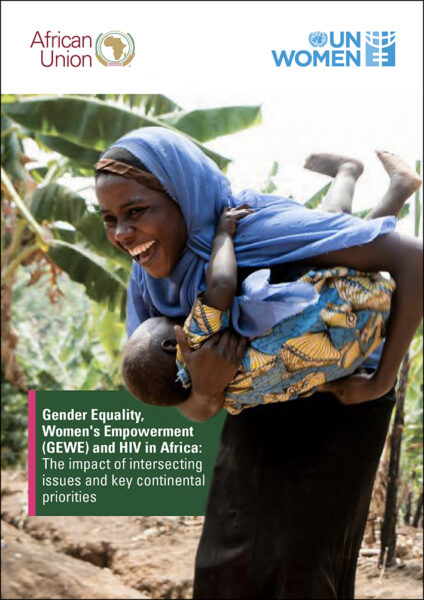Is access to Information and Communications Technologies (ICT) a prior condition or a consequence of a country’s economic development? To put it another way, should the developing countries wait until they have reached an economic level close to that of the industrialized countries before accessing – and benefiting from – ICT and its economic impact, or should they rather vest their efforts in ICT in order to stimulate their economic development? In the view of the authors of this article, the latter option may well be the right one where Africa is concerned.
After outlining the emergence and nature of telecommunications on the African continent (particularly the mobile telephone), this article examines that technology’s contribution to economic growth and development, including direct and indirect employment, the rise of new activities, service substitution, contributions in terms of education and health etc. It also stresses the particular case of “m-payment” (payment by mobile phone), which helps to bring access to systems of micro-payment, micro-finance and other banking services to a population very largely excluded from the classic circuits of banking and finance. This is a means of imparting dynamism to the economy and triggering a virtuous circle. Without neglecting the limits to the expansion of ICT in Africa (and keeping in mind the many regional disparities), the authors express genuine optimism about African countries’ access to ICT (which might even be boosted by technological leaps, such as, for example, the mobile internet) and about the positive impacts of that access on the continent’s development.
Telecoms and Development in Africa
Cet article fait partie de la revue Futuribles n° 349, fév. 2009



